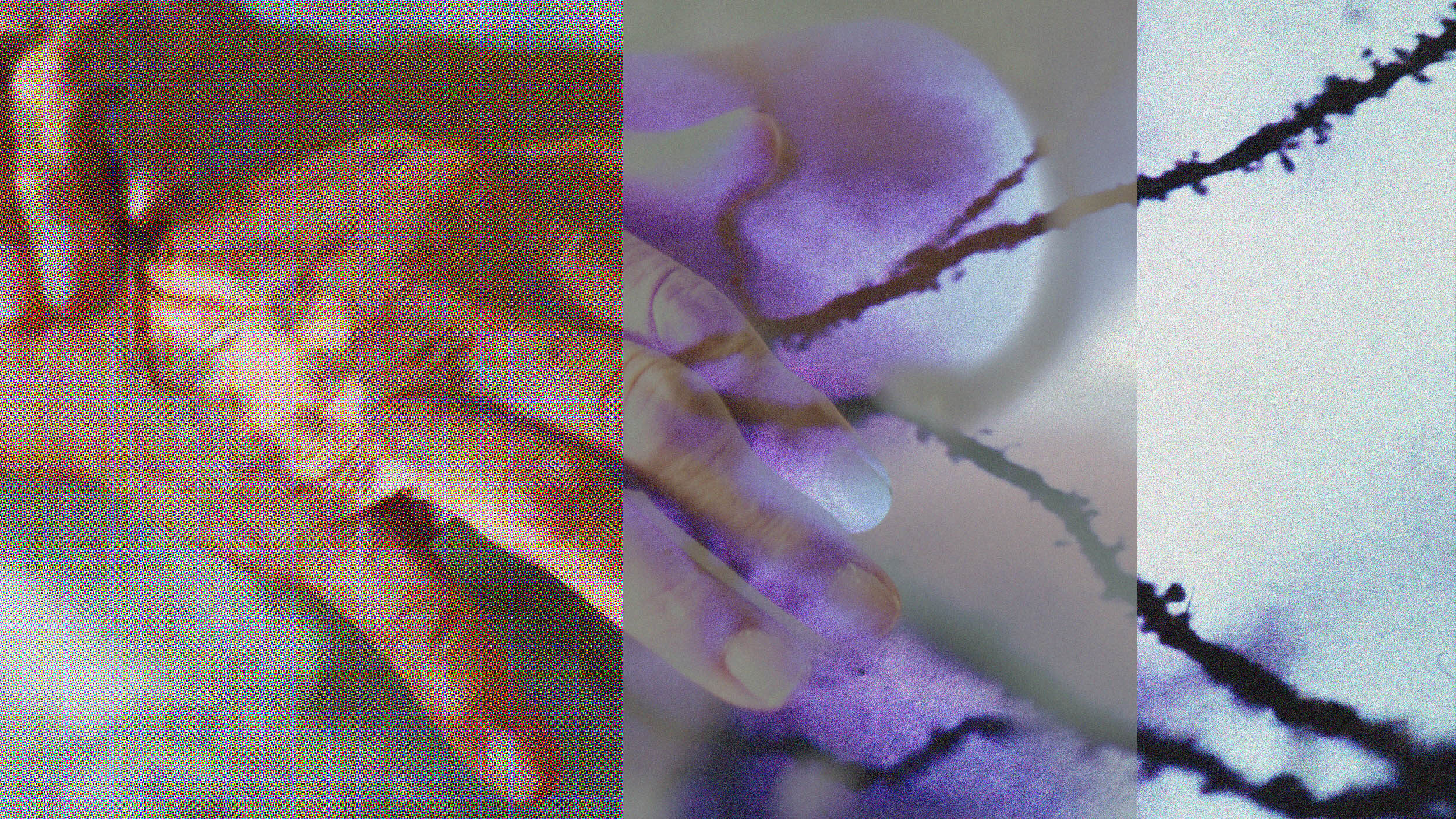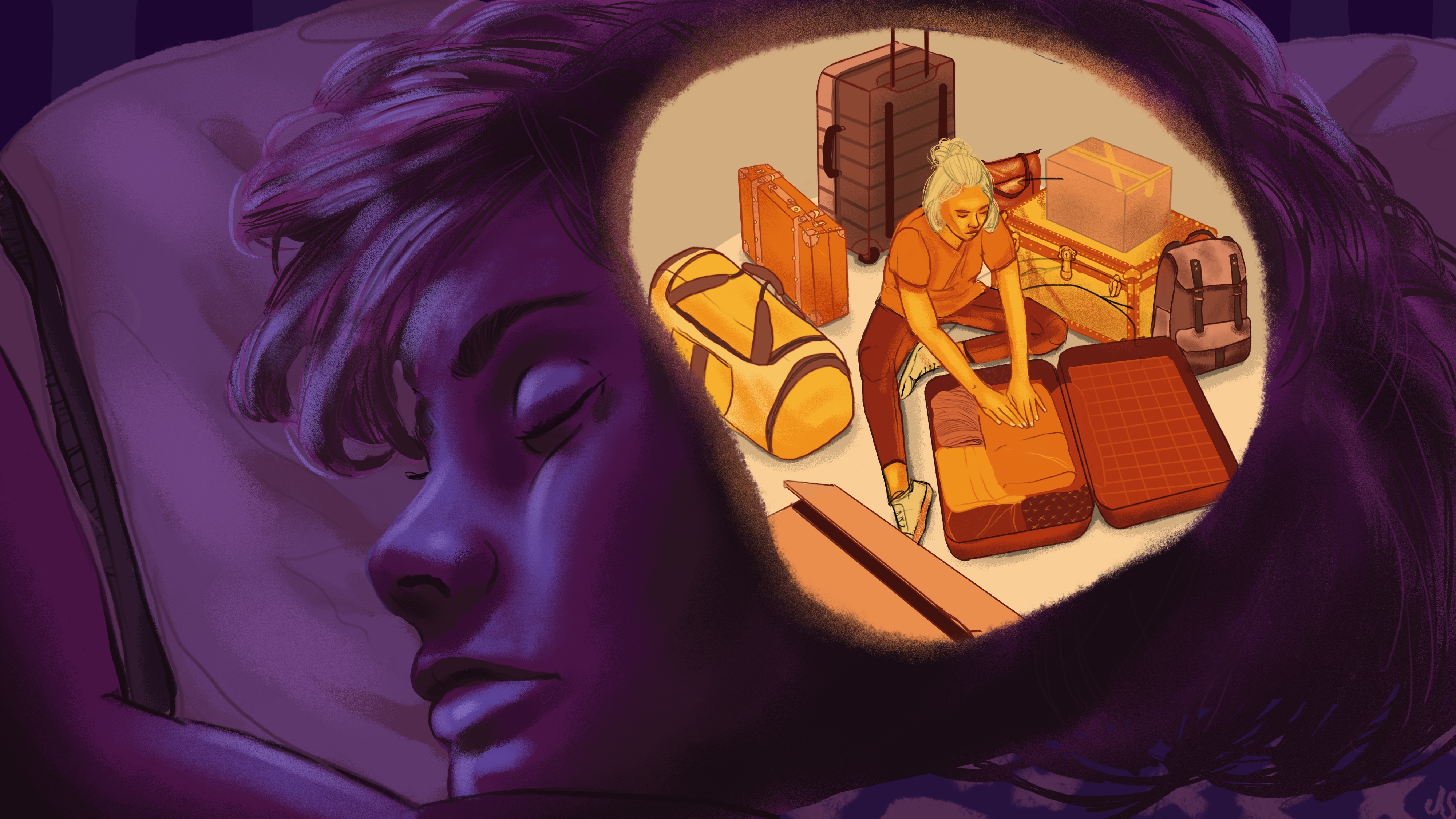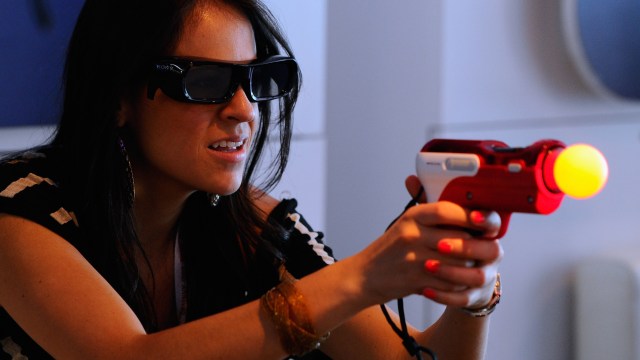Researchers Test Out a New Method of Managing Fear

Researchers are delving into new areas of cognitive therapy, trying to figure out the most effective treatments for anxiety and PTSD. Exposure therapy has been a successful avenue, but the positive results do not last, as researchers have found.
The goal of exposure therapy is to extinguish fear by exposing patients to the cue that sets them off. Through repeat exposure with no dangerous outcomes, the patient is able to relieve themselves of their fear toward this cue. But research has found that the fear of this cue often returns, which undermines any long-term success this therapy was thought to have achieved.
However, a team of researchers at New York University has found an alternative method of treatment. In a test with human and rat participants, the researchers induced fear of a particular cue through electric shocks. See the cue, get a shock.
The group of human and rat participants where then split into two groups: one received exposure therapy (cue, but no shock), while the other half were exposed to the same cue, but a neutral outcome replaced the electric shocks. The researchers found the latter method to be much more effective by replacing a threat with a neutral outcome rather than no outcome at all.
Dr. John Krystal, editor of Biological Psychiatry, highlighted the importance of these results in a press release:
“It shows that it is not only important to break the links between environmental cues and fear, but also to substitute new learning about safety that prevents fears from encroaching on hard-won therapeutic gains.”
These results echo similar studies into how we should deal with bad habits, rather than cutting them out entirely Gretchen Rubin suggests replacing them with treats. But “treats” isn’t synonymous with small rewards.
Read more at Science Daily.
Photo Credit: Keystone / Getty





